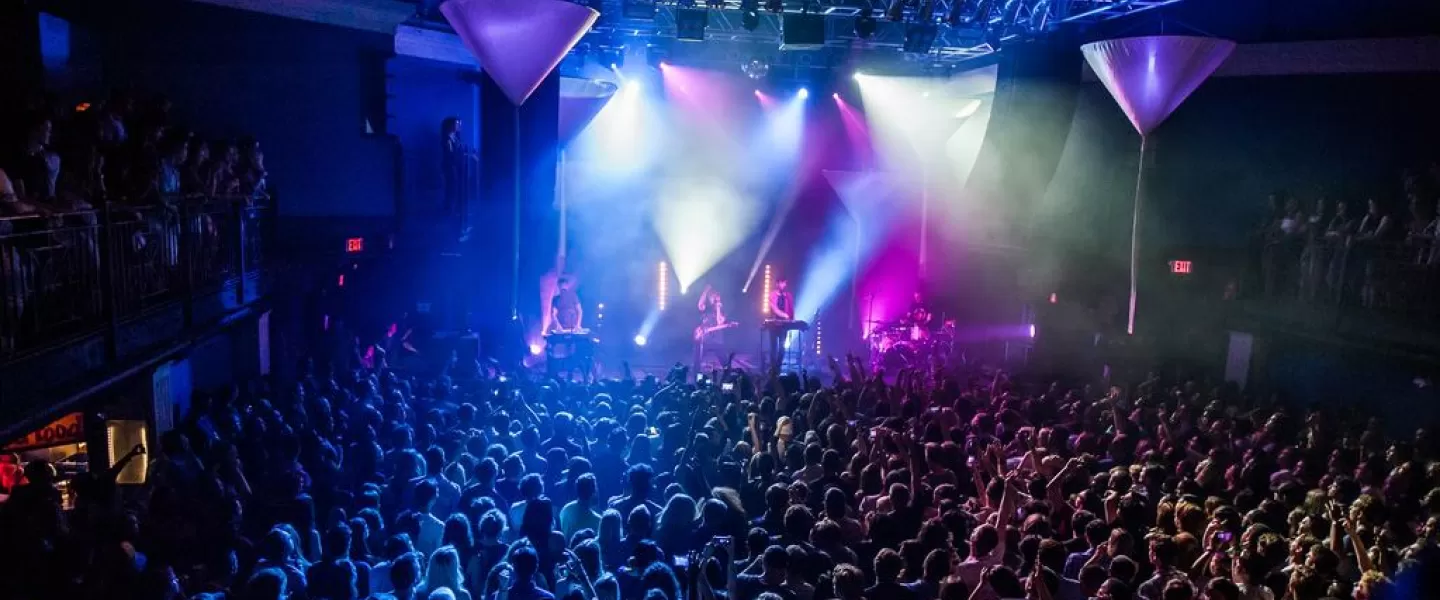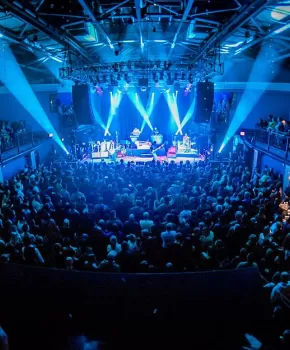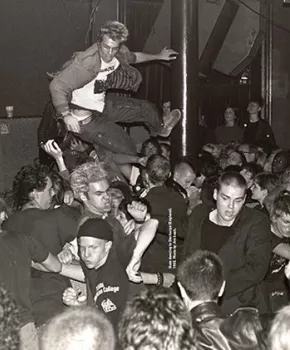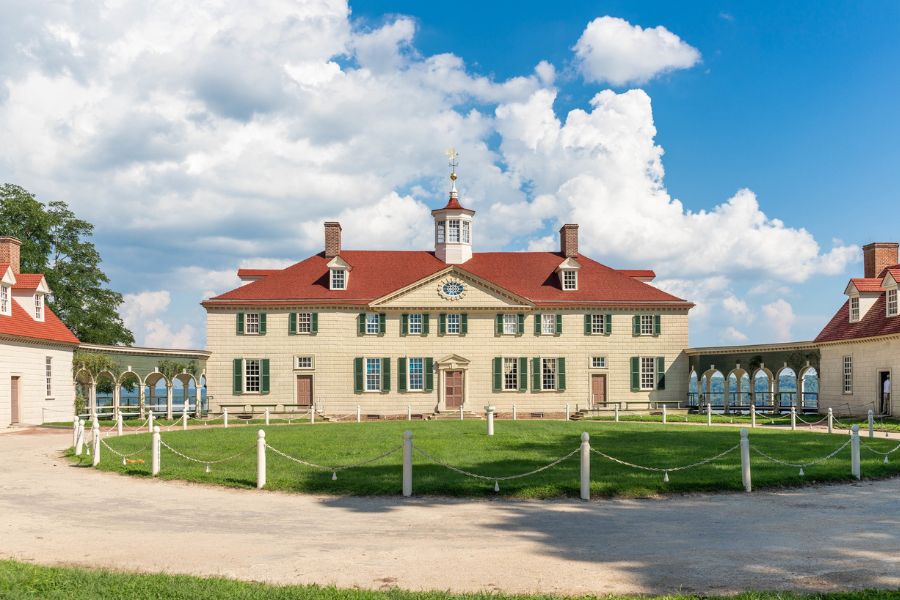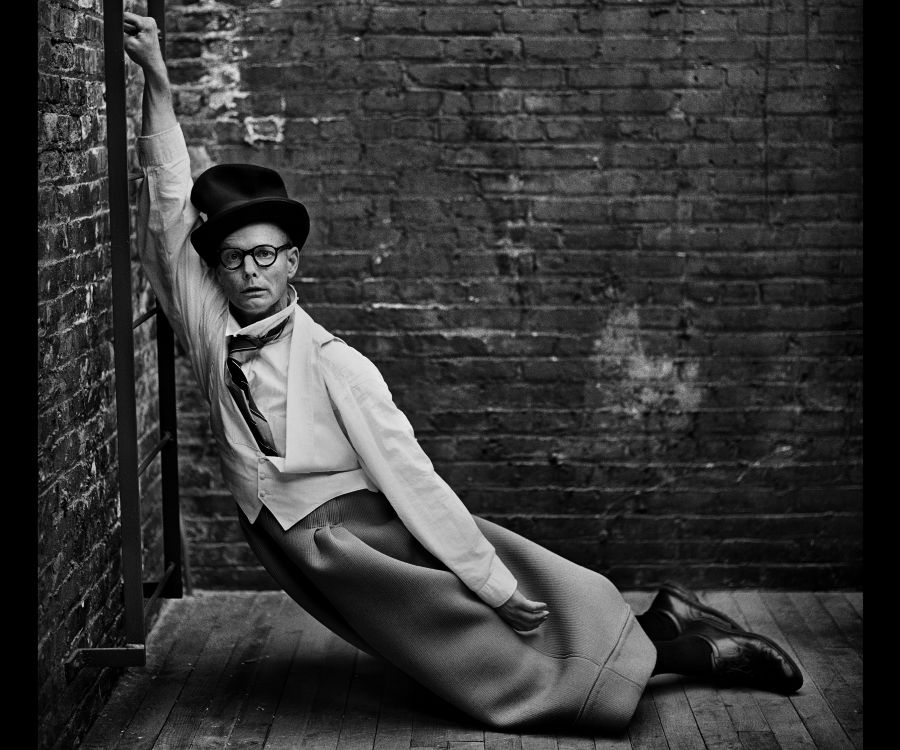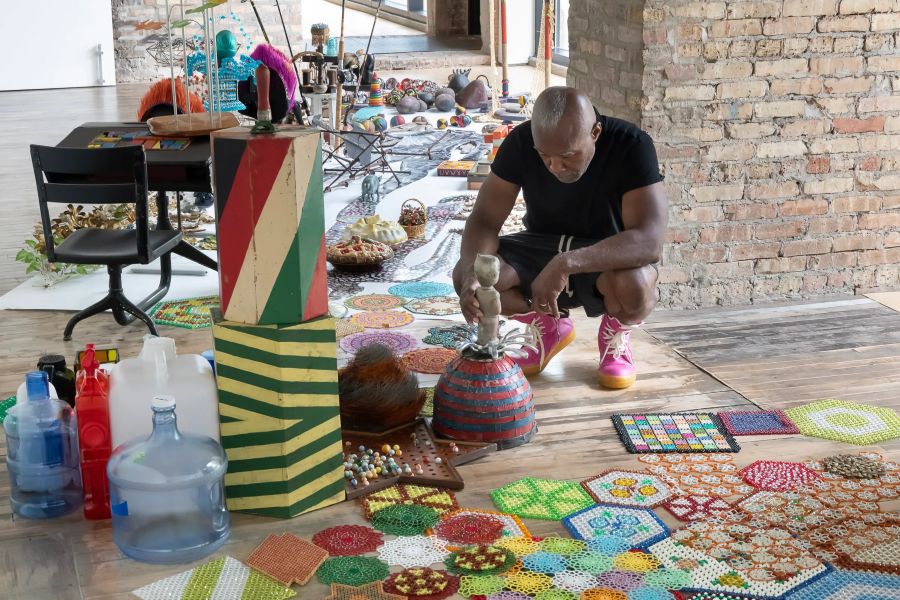The Disrict's 9:30 Club is home to thousands of performances and one incredible story.
The 9:30 Club is a beacon for live music in the nation’s capital, a place where both renowned and up-and-coming artists from nearly every musical genre come to play. The venue is legendary in DC – the original club opened at 930 F Street NW in 1980 and moved to its current digs at 815 V Street NW in 1996, which was once the WUST Radio Music Hall and, prior to that, the site of a music club owned by local jazz legend Duke Ellington.
In 2016, PBS launched Live at 9:30, a documentary series showcasing performances from a range of artists with interviews from band members and other special guests (you can stream the show anytime). To mark the occasion, we’ve gone back in time to examine the foundations of this DC institution, and relive its evolution into becoming the city’s most revered music venue.
The Start of Something
The 9:30 Club was founded by Dody DiSanto and Jon Bowers, and hosted its first show on May 31, 1980, featuring Massachusetts jazz-punk band the Lounge Lizards and local new wave group Tiny Desk Unit.
Fun fact #1: NPR’s Tiny Desk Concerts creator, Bob Boilen, named the radio program after the Tiny Desk Unit, for which he played synthesizer.
The club was situated inside the Atlantic Building, which had been built in 1888, and certainly not for the purpose of hosting some of the most vibrant and influential rock music acts of all-time. The old 9:30 Club is remembered for its intense and cathartic shows, with the venue packed to the gills with sweaty teens and music lovers. Thanks to DiSanto, you could also catch offbeat theme parties and performance art inside, establishing a gathering place for DC creatives, well outside the realm of politics.
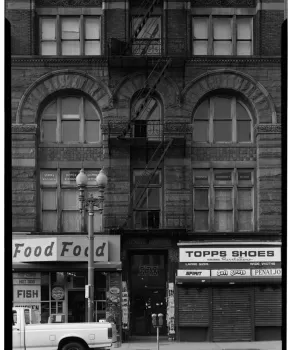
Original 9:30 Club main entrance at 930 F Street
9:30’s decor– which featured video monitors throughout the club, unheard of at the time – would also change frequently, with cutting-edge visuals created by Mark Holmes, who also bartended, served as disc jockey and created the posters for the venue. Holmes tragically passed away in 1990, and the current club features an exhibit dedicated to Holmes and his work in the downstairs area.
The club became a hub for local and national bands that simply had nowhere else to play; the punk rock movement alienated owners of larger clubs all over the East Coast, but 9:30 was happy to welcome just about any group through its doors. DC’s hardcore music scene came into its own at the venue, with bands like Teen Idles, Minor Threat and Bad Brains performing to energetic crowds. The club also hosted all-ages and matinee events, so that younger, “straight-edge” fans could take in their favorite local bands.
Of course, hometown sounds went beyond the punk set, as go-go music became a sensation in the city in the ‘80s as well. While various strains of punk music regularly echoed from the 9:30 stage, it also bellowed the locally grown sounds of go-go, with groups like Trouble Funk filling the venue.
Fun fact #2: The original 9:30 Club was situated right next to Ford’s Theatre and had a back door where bands loaded in and out that led to the same alley John Wilkes Booth used for his escape after assassinating President Lincoln.
This communal atmosphere not only catapulted 9:30 Club to the forefront of the city’s music scene, but also elevated DC’s cultural stature all over the country.
As the ‘80s stretched on, you could catch an emerging indie band at the 9:30 Club nearly every night; some went on to superstardom. A few of the bands that took to the original club’s stage before they really hit it big: R.E.M., Nirvana (who, in 1991, wrote their 14-song set list on a paper plate before the show), Red Hot Chili Peppers, Smashing Pumpkins and Jane’s Addiction.
The Big Move
Seth Hurwitz and Rich Heinecke began booking shows for the 9:30 Club in 1981, and bought the establishment in 1986. The club’s notoriety only grew, and eventually, the cozy and condensed confines of 930 F Street NW could no longer hold the spectacle inside. As new venues like The Black Cat started opening, Hurwitz and Heinecke felt it was time to re-invent the club.
On Jan. 5, 1996, the new 9:30 Club opened with a raucous show that fittingly featured the Smashing Pumpkins, who were in the midst of massive MTV stardom at the time. The legal capacity of the original venue was 199; the current iteration of 9:30 holds up to 1,200 people. Since then, the club has continued to welcome emerging artists from all over the world, as well as established acts.
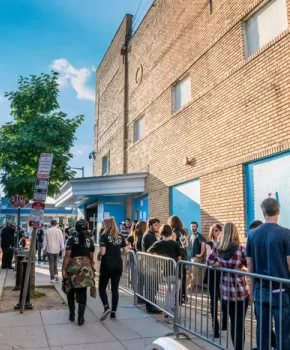
9:30 Club - Historic Music Venues in Washington, DC
Fun fact #3: Bob Dylan, Radiohead, the Red Hot Chili Peppers and the Foo Fighters are some of the big names that have performed surprise shows at the second incarnation of the 9:30 Club.
The original 9:30 Club helped revolutionize the DC music scene, establishing a new touchstone in the city’s storied musical history, which dates all the way back to the era of “Black Broadway.” With the establishment of the current 9:30 Club on V Street, the venue again ushered in a new era, leading to the surrounding area’s wealth of culture and art that has the U Street and Shaw neighborhoods thriving today.
Time to Rock
Now that you know about 9:30 Club’s history, check out Live at 9:30 to dig even deeper into this DC gem and the outstanding performances that it holds. And, for darn sake, go to a concert, because no article or video can fully replicate the experience of seeing a show at one of America’s greatest venues.

